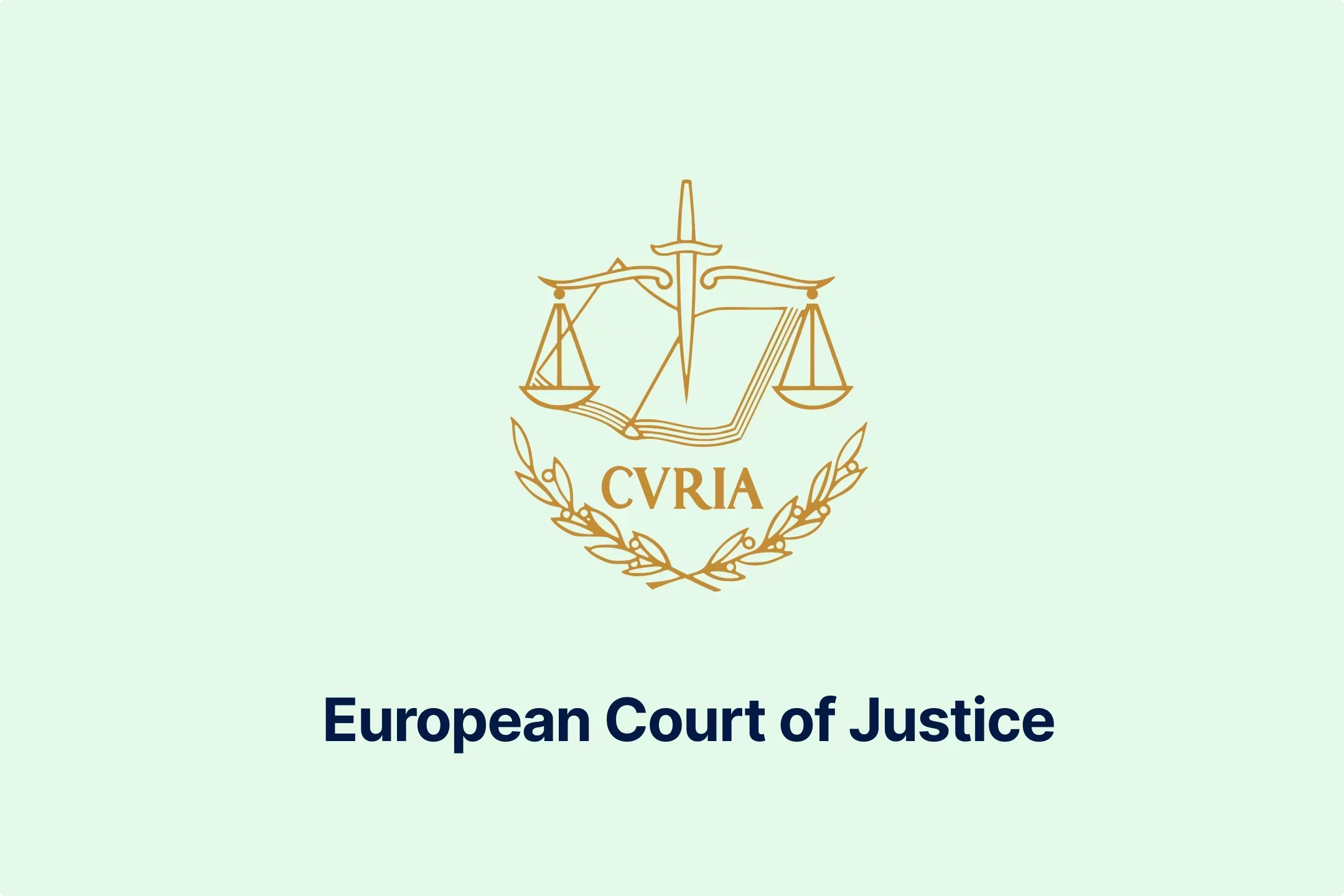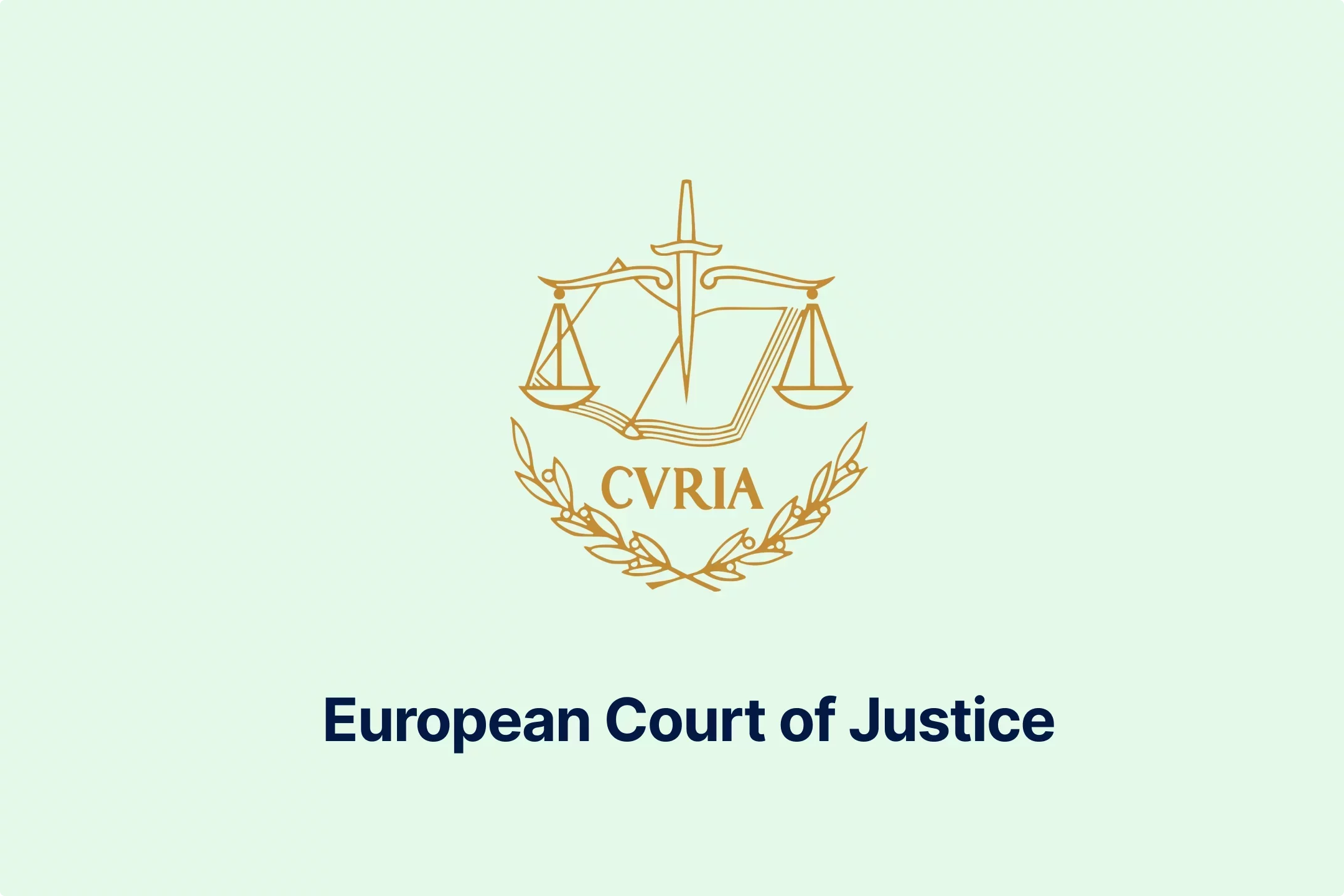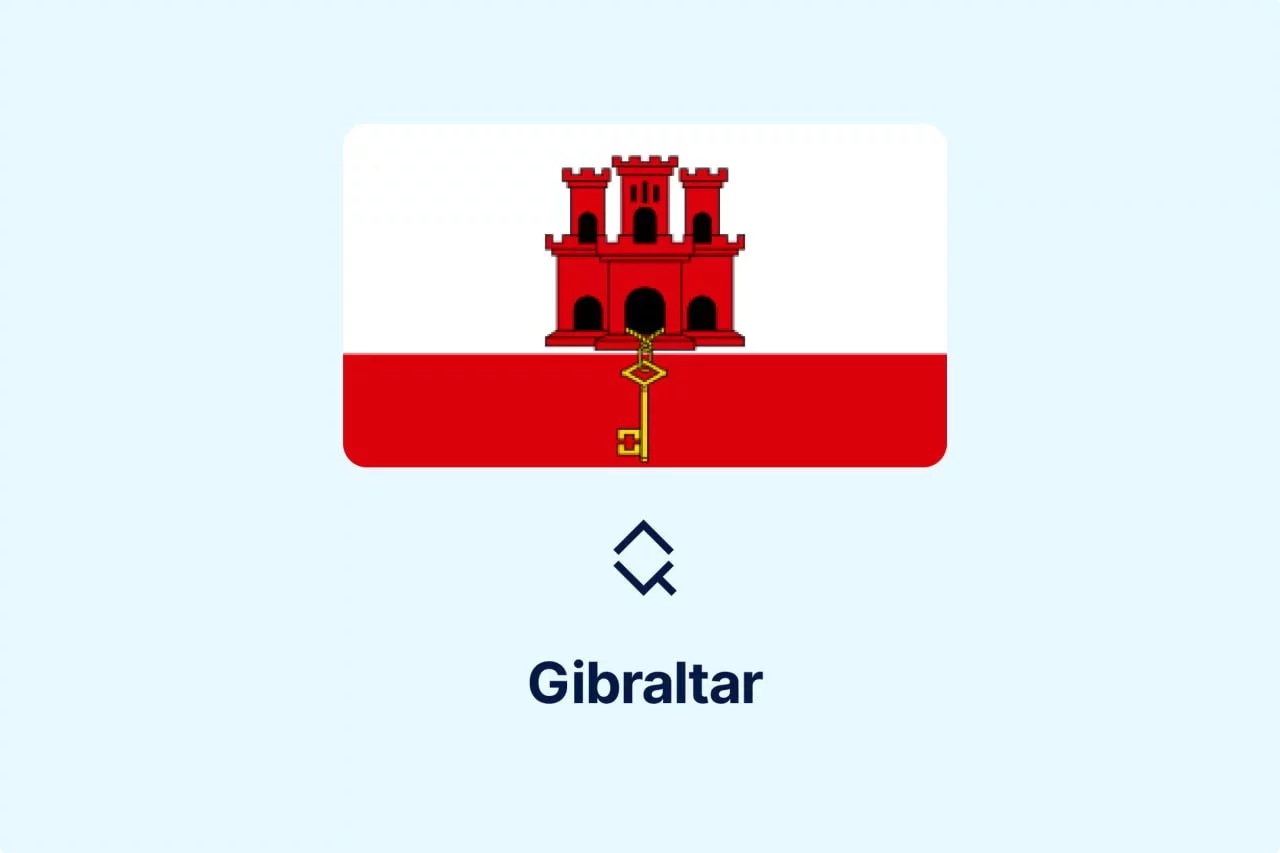E-Commerce & Excise Tax Compliance: ECJ Case C‑596/23 Explained

As e-commerce expands across the EU, the case between B UG, a German-based company, and the Finish Tax Authority highlights the evolving regulatory landscape governing indirect taxes and excise duties. The recent judgment by the European Court of Justice (ECJ) has significant implications for cross-border e-commerce involving goods subject to excise.
Moreover, the case is vital for understanding the destination principle, further reinforces the principle of fair competition, and ensures uniform tax treatment across the EU single market. In essence, the case revolves around the taxation of alcoholic beverages purchased by an individual through a website in one EU Member State and transported to another.
Background of the Case
B UG operates a website through which consumers may order and purchase beverages with a low or high alcohol percentage from different brands. The website is also available in Finnish for Finnish consumers.
In 2020, the Finnish Customs Authorities seized a consignment of alcoholic beverages sold by the B UG to the consumer in Finland. The beverages were dispatched from Germany directly to the buyer. Seizing the transported beverages aimed to determine whether they were subject to excise duties.
Following the information from Customs Authorities, the Finish Tax Authority asked the buyer to explain and clarify the situation surrounding the purchased beverages and organized transport to Finland.
The buyer directed the Tax Authority to the B UG website, which the Tax Authority inspected and determined that advertisements of several transportation companies appear when placing an order on the website. The ordering process includes displaying data regarding the total weight of beverages ordered and freight price, which updates in real-time when beverages are added or subtracted from the chart. Once the order is paid, a query regarding the organization of transport appears on the B UG website.
When a consumer chooses one company and clicks on the link with that company's name, it would be instantly redirected to the website of that transportation company. The consumer must provide contact details and pay the freight costs directly to the transportation company to arrange the transportation. Interestingly, the order form did not request input of further information regarding the order made on the B UG website.
Further inspection of the B UG website enabled the Finish Tax Authority to determine that consumers are informed on delivery methods, where it is apparent that B UG does not organize the transport of bought beverages. However, it does offer consumers the possibility to collect orders from a local warehouse in Germany or have them transported to them. In addition, the B UG website advertised services provided by several transportation companies.
Furthermore, the Tax Authority determined that B UG notified consumers of their responsibility to pay taxes in Finland. Regardless of the notification, the Tax Authority held B UG responsible for paying excise duties on alcoholic beverages and imposed a tax penalty of EUR 1.645,83. The reason was that the Tax Authority concluded that B UG or the person acting on its behalf dispatched or transported the beverages to Finland and acted as a distance seller liable for the excise duties in Finland.
The B UG disagreed with this conclusion and filed a complaint against the Tax Authority, which was denied in 2021. However, the B UG was determined to prove that the Tax Authority was wrong to impose penalties and hold it liable for excise duties. Therefore, it appealed the decision before the Administrative Court in Helsinki.
The Administrative Court decided to pause the proceedings and requested a preliminary ruling from the ECJ.
Main Questions from Request For Ruling
The question raised before the ECJ concerns the interpretation of Article 36 of Directive 2008/118/EC concerning the general arrangements for excise duty. The core issue is whether a B UG, as a vendor that recommends or facilitates the use of a transportation company through its website, can be considered to have directly or indirectly dispatched goods, including alcoholic beverages, subject to excise duties to another EU country. Moreover, does this make B UG, as a vendor, liable for excise duties in the destination country?
An additional question was raised on whether a separate transport contract between the buyer and the transportation company affects the vendor’s liability.
Applicable EU Directive Article
In this case, the EU VAT Directive was not the focus. However, Directive 2008/118, although repealed in 2023 by Directive 2020/262, remained applicable because the case occurred before the repeal date.
The Directive 2008/118 was closely related to the EU VAT Directive and was equally essential for the EU customs landscape. It governed the movement and taxation of excise goods within the EU, setting the rules on when and where duties are due.
Article 7 of the Directive 2008/118 defines excise duties imposed at the time and place of release for consumption. However, under the special rules in Article 32, goods transported across the EU borders by individuals for personal use are taxed in the EU country of purchase.
Article 36, which defines rules for distance selling, is the key article in this case. It stipulates that when excise goods are already released for consumption in one EU country, sold to individuals in another EU country, and directly or indirectly transported by a vendor, the destination principle must be applied. This means that excise duties must be paid in the destination country, which in this case was Finland.
If the vendor appoints a tax representative, it is responsible for paying excise duties. If the requirements are met, the consignee, the recipient of the excise goods, may also be found liable.
In addition to Directive 2008/118, Article 10 of Directive 92/12/EEC, which laid the foundation for the general framework governing excise duties on goods within the EU, was applied to this case. Article 10 established that excise goods sold to individuals in another EU country and transported directly or indirectly by the vendor are subject to excise in the EU country of destination.
Finland Country National Excise Rules
EU Directive 2008/118 was transposed by Finish Law on Excise Duty, which established the regulatory framework for excise duty on goods such as alcoholic beverages. Some of the key provisions from the Law on Excise Duty include the definition of distance selling, which applies when a Finish consumer purchases excise goods from another EU country, where the vendor organizes the transport.
More importantly, this Law states that excise duties are not payable when goods are personally transported by the buyer for personal use. However, the buyer becomes liable if a third party, such as a transportation company or vendor, transports goods. Furthermore, the vendor or its tax representative is responsible for paying excise duties upon delivery in Finland for distance sales.
Importance of the Case for Taxable Persons
The case addresses the key issue of liability for excise duties when the vendor recommends, facilitates, or arranges the transport of excise goods to the consumer in another EU country. The ruling clarifies the responsibilities of online sellers and emphasizes the importance of complying with destination principles, more precisely, with destination country tax regulations.
The decision reminds businesses engaged in cross-border sales of excisable goods, such as alcoholic beverages, to carefully navigate the complexities of EU tax law. Moreover, the case demonstrates how EU countries protect national revenues while fostering transparent and accountable trade practices.
Analysis of the Court Findings
In the ruling, the ECJ underlined that Article 7 of Directive 2008/118 (the Directive) determines the excise duty liability at the point of release for consumption in the EU country where that occurs. However, Chapter V of the Directive, including Article 36, which is the one in question, addresses the situation where excise goods are moved from one EU country to another after they have been released for consumption.
The primary purpose of these provisions is to ensure that the principle of territorial taxation is upheld and that excise duties are ultimately paid in the EU country where the goods are consumed. Furthermore, this principle prevents double taxation of these goods, which would represent unnecessary and additional financial burdens for involved parties.
As the ECJ states, Article 36 governs the distance selling of excise goods across EU countries. It ensures that the destination principle is respected when goods, such as alcoholic beverages, are dispatched by or on behalf of vendors. More specifically, this applies when the goods are released for consumption in one EU country and bought by consumers from another EU country.
The ECJ highlighted that the critical factor, in this case, is whether the vendors', that is, B UG's, involvement in facilitating or recommending transportation companies effectively makes them responsible for the goods' cross-border shipment.
Since B UG’s website, available in Finnish, not only recommends transport companies but also provides direct links and automatically transfers relevant information about the purchased goods to those companies, it should be regarded that B UG as a vendor, by guiding buyer choice and effectively arranging shipment, played an active role in the transportation process.
Acting in such a way should be considered as indirectly being involved in the dispatch or transportation of excise goods to another EU country, the country of destination, where it should be liable for paying excise duties.
The ECJ finally outlined that the fact that the consumer entered into two separate contracts, one with B UG as a vendor and another with the transportation company, is irrelevant to determining whether the distance sale falls under Article 36(1) of the Directive.
Courts Final Decision
In the end, the ECJ concluded that a vendor, such as B UG, should be liable for excise duties in another EU country since it guided the consumers' choice of the company that would transport the bought alcoholic beverage by recommending and facilitating the use of certain transportation companies.
In this case, the recommendation and facilitation were made by B UG by placing linked advertisements for the transportation companies and sharing details on the purchase order that needs to be transported directly to the consumer by transportation companies.
In other words, when vendors such as B UG suggest to consumers companies that can transport goods subject to excise duties, like alcoholic beverages, the vendor is deemed to be responsible for the transportation process and, therefore, liable for excise duties in the EU country where the goods are delivered, in this case, Finland, under the destination principle.
Conclusion
The ECJ case C‑596/23 clarifies the responsibility of online sellers, specifically e-commerce vendors, in distance sales of excise goods, specifically alcoholic beverages. It determines that when an e-commerce vendor or online seller actively guides consumers' choice of transportation through advertisements or similar recommendations displayed on vendors' websites, the vendor is indirectly involved in the dispatch and transportation of excise goods.
As a result of the ECJ conclusion, vendors become liable for excise duties in the destination country, which aligns with the EU destination principle. E-commerce vendors and online sellers engaged in cross-border transactions involving excise goods must be aware of the tax implications when they engage in the movement of such goods.
Source: Case C‑596/23 - B UG v. Finish Tax Authority, Council Directive 2008/118/EC, Directive 92/12/EEC

Featured Insights

Burkina Faso FEC E-Invoicing Mandatory July 2026
🕝 February 24, 2026More News from Europe
Get real-time updates and developments from around the world, keeping you informed and prepared.
-e9lcpxl5nq.webp)




-zzrhegqsyq.webp)

-ulcnia30z1.webp)



-3rcczziozt.webp)

-rvskhoqpms.webp)




-a5mkrjbira.webp)

-ivkzc1pwr4.webp)




-hssrwb5osg.webp)



-c06xa1wopr.webp)









-webajrr4ny.webp)
-evibmwdwcn.webp)
-7acdre0hop.webp)

-lcgcyghaer.webp)
-ol6mdkdowg.webp)
-aqdwtmzhkd.webp)

-njgdvdxe2u.webp)



-i6rki3jbad.webp)
-hdwgtama05.webp)

-atbhy5fyxv.webp)






-zp2n6zixoa.webp)
-oa1ynbm4sn.webp)


-lltkno6txy.webp)



-do38odrqnq.webp)

-t409oldqzt.webp)

-hordopb6xh.webp)

-ooimnrbete.webp)

-lwb5qpsily.webp)


-eumafizrhm.webp)

-mtqp3va9gb.webp)

-3ewrn1yvfa.webp)
-591j35flz2.webp)

-huj3cam1de.webp)


-hafis0ii23.webp)

-qseaw5zmcy.webp)



-qzsah2ifqx.webp)


-69rzooghib.webp)
-wrvng98m0g.webp)


-psucycuxh2.webp)
-klyo8bn5lc.webp)




-6wv5h5eyyd.webp)
-tfgg78rbid.webp)
-a6jpv9ny8v.webp)
-qhdbapy0qr.webp)


-owvu7zoc13.webp)


-h28jrh1ukm.webp)

-wl9bl1rw3a.webp)

-2w76jtvtuk.webp)

-c0uvrmrq9j.webp)



-pofe7ucwz3.webp)



-5cc23ezxyf.webp)
-rrmabbekeb.webp)








-iyyeiabtaf.webp)
-c8rbjkcs01.webp)
-nilkffjhah.webp)

-hikakq55ae.webp)

-z1d60bldtg.webp)
-d1a0q6n7mp.webp)
-viip8nvoeh.webp)
-bvv1otliox.webp)



-de8hdb1bn3.webp)
-7xsxxoypnx.webp)

-cm0opezg73.webp)
-0tovsdupmi.webp)
-subxdamdj6.webp)


-gly6ablwnh.webp)
-gkduqhwbzh.webp)
-qpe1ld9vcj.webp)
-8noukwsmba.webp)
-aka29tuhkt.webp)


-fisvs27yrp.webp)


-mp0jakanyb.webp)

-aivzsuryuq.webp)



-o7f4ogsy06.webp)

-zjja92wdje.webp)
-hrbhdts8ry.webp)
-qtdkwpgkug.webp)


-cf8ccgah0p.webp)
-0em3cif5s6.webp)






-ptzesl0kij.webp)

-tfzv42pyms.webp)







-uodv7sfbih.webp)
-bbrdfmm9qf.webp)



-m2tl8crfqr.webp)




-1awbqjgpjs.webp)
-avbjsn1k1g.webp)


-0h8ohkx6s0.webp)



-wfmqhtc7i6.webp)
-7wljbof2zo.webp)

-eqt97uyekl.webp)
-wzw9mcf563.webp)

-z4oxr6i0zd.webp)




-l0zcrrzvhb.webp)
-fhtic1pwml.webp)

-iipdguuz9p.webp)
-nkhhwrnggm.webp)
-pltqwerr3w.webp)

-nn6mtfbneq.webp)

-tmnklelfku.webp)



-8z1msbdibu.webp)
-7g16lgggrv.webp)



-lxcwgtzitc.webp)
-9mc55kqwtx.webp)


-xla7j3cxwz.webp)
-jrdryw2eil.webp)






-t9qr49xs2u.webp)


-qjopq5jplv.webp)



-vune1zdqex.webp)

-qsozqjwle2.webp)
-rgjta7iwiv.webp)

-zb6bxxws47.webp)
-lyfjzw4okp.webp)

-ogpfmol5m1.png)


-czisebympl.png)

-zetvivc79v.png)
-ud7ylvkade.png)
-qizq6w2v5z.png)







-ihr6b4mpo1.webp)
-k1j4au0ph6.webp)
-swxxcatugi.webp)


-ig9tutqopw.webp)

-tauoa6ziym.webp)

-spr0wydvvg.webp)

-xfuognajem.webp)




-u2nv5luoqc.webp)








-opuxpan2iu.webp)




-kwttsfd8ow.webp)
-8u14qi10nj.webp)

-wjpr96aq5g.webp)

.png)

.png)


.png)


.png)



.png)
.png)
.png)
.png)
.png)

.png)
.png)




.png)
.png)




































































































































